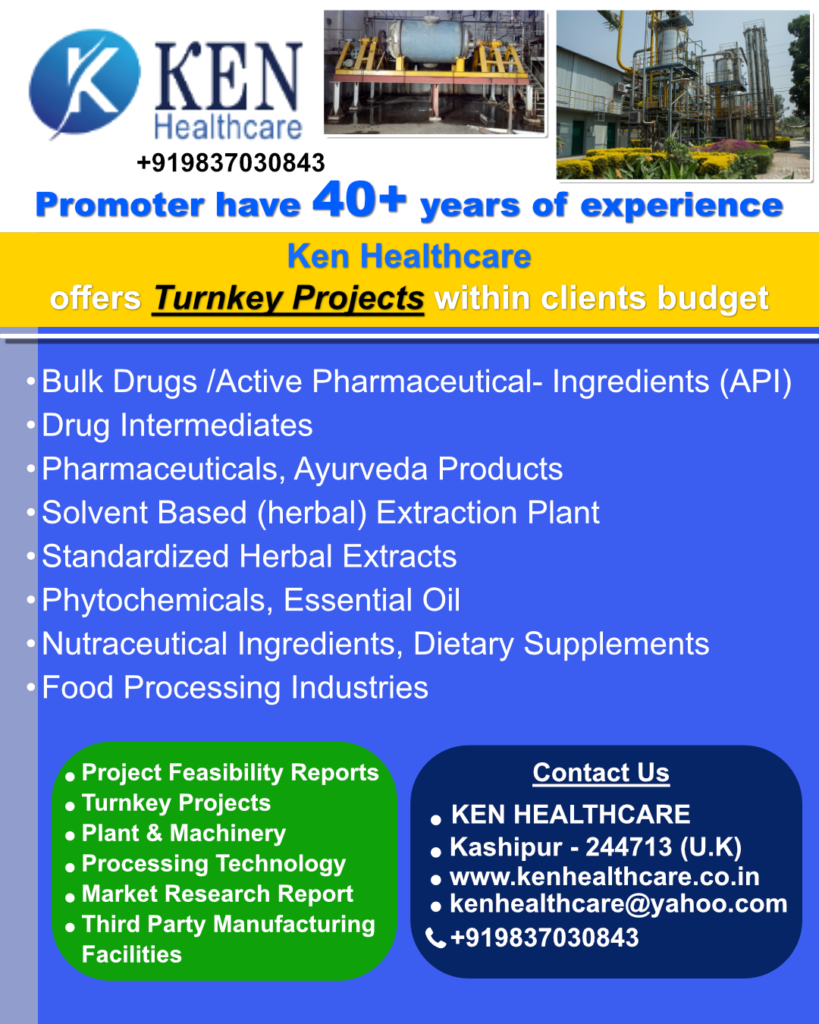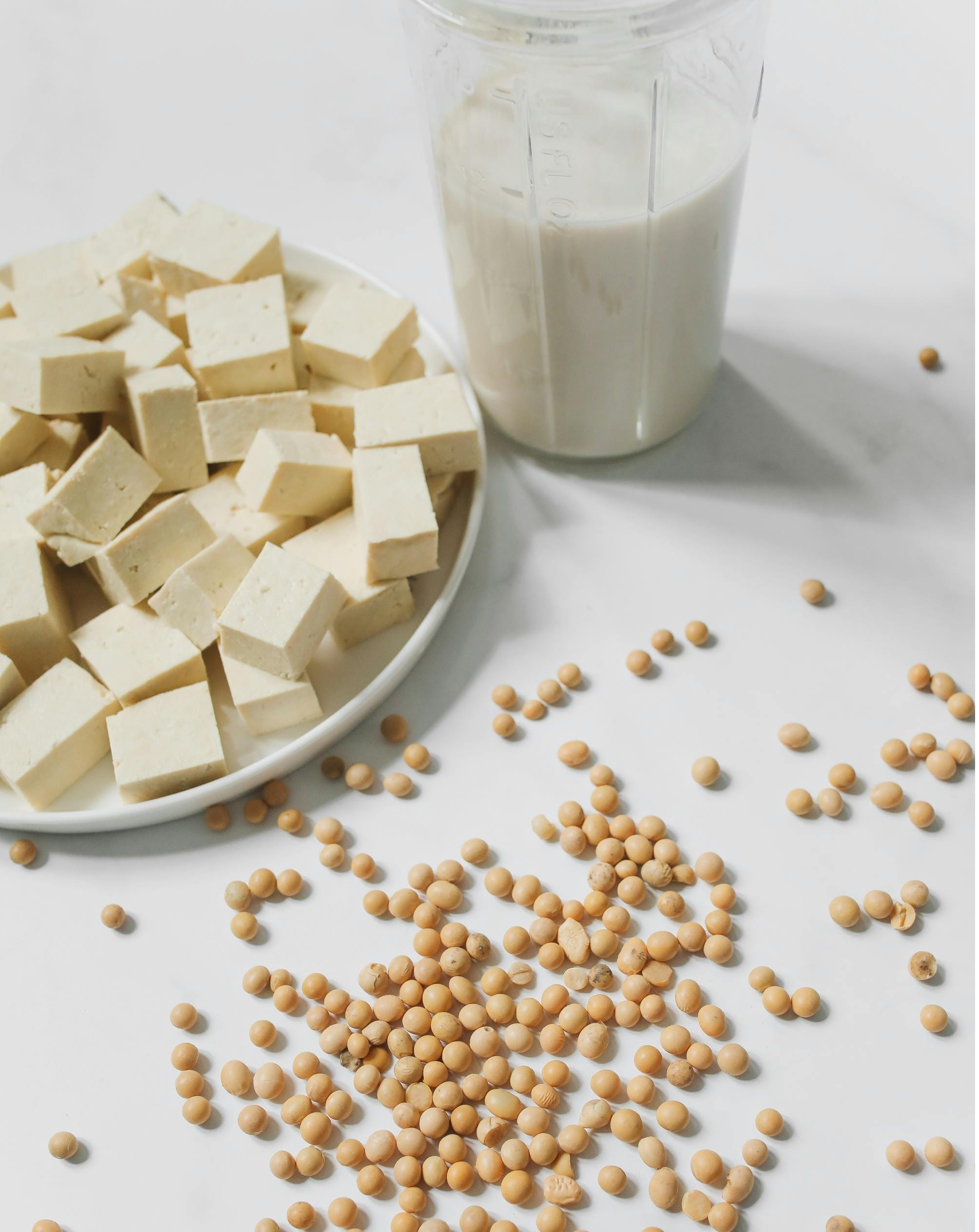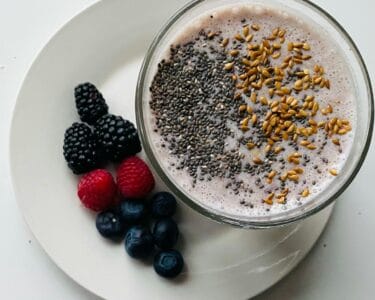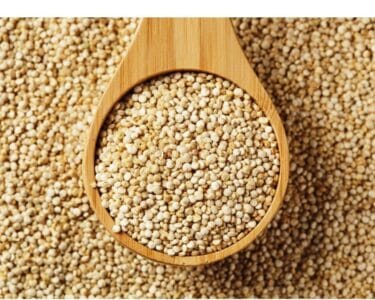
Why Is Everyone Talking About High-Protein Diets?
If you’re looking for a diet that helps you lose weight, build muscle, and keep you energized, a high-protein diet is your answer. Protein is the building block of our body, essential for muscle repair, metabolism, and overall health. The best part? You don’t have to eat bland chicken breast and boiled eggs every day. Today, innovative high-protein foods like protein-enriched noodles, waffles, and even desserts make it easy and delicious to meet your protein needs.
What is a High-Protein Diet?
A high-protein diet focuses on increasing your protein intake while balancing fats and carbohydrates. Typically, 30-40% of your daily calories should come from protein. Whether you’re aiming for weight loss, muscle gain, or better health, this diet can be customized to suit your goals.
Why Is Protein Important?
Builds and repairs muscles.Boosts metabolism and fat burning
Keeps you full for longer (reduces cravings).Stabilizes blood sugar levels
Improves skin, hair, and nail health.
The Science: How a High-Protein Diet Helps in Weight Loss
- 1. Increases Satiety & Reduces Hunger
- Protein takes longer to digest, making you feel full for longer. A study published in the American Journal of Clinical Nutrition found that people who ate 30% of their calories from protein naturally consumed 441 fewer calories per day.
- 2. Boosts Metabolism & Fat Burning
- Your body burns calories while digesting food, a process called the Thermic Effect of Food (TEF). Protein has the highest TEF, burning 20-30% of its calories just through digestion, compared to 5-10% for carbs and 0-3% for fats.
- 3. Maintains Muscle Mass While Losing Fat
- When losing weight, you risk losing muscle. A high-protein diet preserves muscle mass, ensuring you burn fat, not muscle. This is why protein is crucial in body recomposition (losing fat while gaining muscle).
High-Protein Foods Vegetarian
- Lentils & Chickpeas (18g protein per cup)
- Cottage Cheese (Paneer) (25g protein per 100g)
- Greek Yogurt (10g protein per 100g)
- Tempeh & Tofu (20g protein per 100g)
- Quinoa (8g protein per cup)
- Chia Seeds & Flaxseeds (5g protein per tablespoon)
- Protein-enriched noodles & waffles (Up to 20g per serving)
Non-Vegetarian High-Protein Foods
- Eggs (6g protein per egg)
- Chicken Breast (31g protein per 100g)
- Fish (Salmon, Tuna, Cod) (20-25g protein per 100g)
- Lean Beef & Pork (25-30g protein per 100g)
2-Week High-Protein Diet Plan (With Recipes)
Week 1: High-Protein Meal Plan
Day 1
Breakfast: Protein waffles (1 scoop protein powder, 1 egg, ½ cup oat flour, ½ cup Greek yogurt)
Lunch: Grilled paneer with quinoa salad
Dinner: Stir-fried tofu with veggies and brown rice
Day 2
Breakfast: Scrambled eggs with avocado toast
Lunch: Protein-enriched noodles with stir-fried veggies
Dinner: Chickpea curry with whole wheat roti
(Follow similar meal patterns for the rest of the week.)
Week 2: High-Protein Meal Plan
Day 8
Breakfast: Chia seed pudding with almonds
Lunch: Grilled salmon with quinoa
Dinner: Tempeh stir-fry with vegetables
(Continue with similar high-protein meals.)
Do’s and Don’ts of a High-Protein Diet
Do’s:
- Include diverse protein sources (plant and animal-based)
- Stay hydrated (protein digestion requires water)
- Pair protein with fiber-rich foods for better digestion
Don’ts:
- Overconsume red meat (can lead to heart risks)
- Ignore healthy fats (essential for hormone balance)
- Depend solely on protein powders (whole foods are best)
Pros & Cons of a High-Protein Diet
Pros:
- Aids in weight loss
- Keeps you full, reducing cravings
- Preserves muscle while losing fat
Cons:
- Can cause digestive issues if fiber intake is low
- Excess protein can stress kidneys (for those with kidney conditions)
High-Protein Diets and Testosterone: Boosting Hormone Levels Naturally
A high-protein diet plays a crucial role in testosterone production, essential for muscle growth, strength, and energy levels. Research shows that lean protein sources like eggs, chicken, fish, and plant-based proteins help maintain optimal testosterone levels. However, excessive protein intake with low carbs may increase cortisol, negatively impacting testosterone.
For best results, balance protein, healthy fats, and complex carbs to support hormonal health. Optimize your diet with testosterone-boosting foods like lean meats, nuts, and omega-3-rich fish for peak performance and vitality.
FAQs About High-Protein Diets
1. How much protein do I need daily?
For weight loss: 1.2-2.2g per kg of body weight. For muscle gain: 2-2.5g per kg.
2. Can a high-protein diet cause kidney damage?
Only if you have pre-existing kidney disease. For healthy individuals, high protein is safe.
3. Can vegetarians follow a high-protein diet?
Absolutely! Include lentils, tofu, paneer, quinoa, and nuts.
4. Is protein powder necessary?
Not if you get enough protein from whole foods. But it can be convenient.
5. Does a high-protein diet boost metabolism?
Yes, protein has a high thermic effect, burning more calories during digestion.
6. Can a high-protein diet cause constipation?
Only if fiber intake is low. Pair protein with fiber-rich foods like veggies and seeds.
7. Can I eat protein before bed?
Yes! Casein protein (found in dairy) is great for muscle recovery overnight.
8. Does protein help in belly fat loss?
Yes! Protein reduces hunger and increases metabolism, aiding belly fat loss.
9. Are protein-enriched foods like noodles and waffles healthy?
Yes, if they have high-quality protein sources and are low in artificial additives.
10. Can high protein cause weight gain?
Only if you consume more calories than you burn. Otherwise, it aids in weight loss.
Final Thoughts: Should You Try a High-Protein Diet?
If your goal is weight loss, muscle gain, or better health, a high-protein diet is one of the most effective ways to achieve it. By incorporating protein-enriched foods like noodles and waffles, along with traditional sources, you can make this diet delicious, convenient, and sustainable.
Ready to transform your health? Start today with the 2-week meal plan and see the difference!








